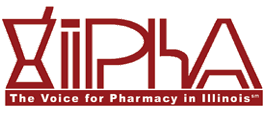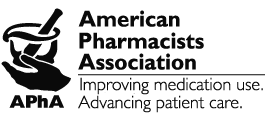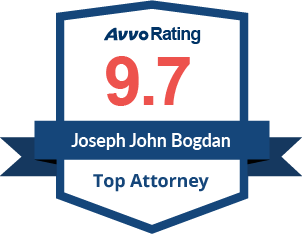FDA Compounding Rules and What They Mean for Pharmacists in Illinois
 Compounded medications are a vital part of modern healthcare, allowing pharmacists to prepare customized treatments for patients whose needs cannot be met with commercially available drugs. However, these preparations fall under strict regulation, and missteps can lead to serious consequences, not just from the U.S. Food and Drug Administration (FDA), but also from the Illinois Department of Financial and Professional Regulation (IDFPR) and other licensing boards.
Compounded medications are a vital part of modern healthcare, allowing pharmacists to prepare customized treatments for patients whose needs cannot be met with commercially available drugs. However, these preparations fall under strict regulation, and missteps can lead to serious consequences, not just from the U.S. Food and Drug Administration (FDA), but also from the Illinois Department of Financial and Professional Regulation (IDFPR) and other licensing boards.
As of August 2025, the FDA continues to enforce federal compounding rules under the Drug Quality and Security Act (DQSA), specifically Sections 503A and 503B of the Federal Food, Drug, and Cosmetic Act. If an investigation suggests a pharmacist has violated these rules, such as by producing medications in unsafe conditions, using unapproved ingredients, or making unsubstantiated claims, the matter can escalate quickly from an FDA inquiry to a professional license investigation in Illinois.
Our Illinois professional license defense lawyer with more than 25 years of legal experience is a crucial ally in these situations, helping pharmacists navigate the overlap between federal enforcement actions and state disciplinary proceedings.
Understanding the FDA’s Compounding Categories
The FDA recognizes two main categories for compounding:
Section 503A (Traditional Pharmacy Compounding)
Section 503A applies to state-licensed pharmacies preparing medications according to individual prescriptions. These pharmacies must comply with state regulations and certain federal requirements, but are generally exempt from full FDA drug approval processes.
Section 503B (Outsourcing Facilities)
Section 503B applies to facilities that produce compounded drugs in bulk without patient-specific prescriptions. These facilities are subject to more stringent FDA oversight, including compliance with current Good Manufacturing Practices (cGMP).
In Illinois, pharmacies that fall under either category must still comply with state laws, including the Illinois Pharmacy Practice Act, in addition to any federal requirements.
How Compounding Issues Trigger Professional License Investigations
Even a single FDA inspection report, warning letter, or product recall can prompt the IDFPR to launch its own investigation. Common triggers include allegations of unsanitary compounding conditions, ingredients not approved for human use, failure to follow proper sterile preparation protocol, and compounding drugs that are essentially copies of FDA-approved products without a valid medical justification.
These allegations can threaten your professional license, your ability to operate a pharmacy, and your reputation within the healthcare community.
How Does a Professional License Defense Attorney Help a Pharmacist Facing an FDA or IDFPR Investigation?
When pharmacists face compounded medicine-related allegations, timing and strategy are critical. An attorney with extensive experience in both professional license defense and pharmacy practice can:
-
Review FDA inspection findings for errors or overreach.
-
Communicate directly with investigators to protect you against self-incrimination.
-
Build a defense that addresses both federal compliance issues and state licensing concerns.
-
Represent you before the IDFPR and, if necessary, in administrative hearings.
-
Negotiate resolutions that protect your license and livelihood.
With over 25 years of legal experience, our Illinois professional license defense lawyer understands the nuances of both FDA regulations and the disciplinary procedures of state licensing boards. This knowledge is essential in mitigating risks and preventing a federal matter from escalating into the loss of your professional credentials.
Protect Your License with Our Illinois Pharmacist Defense Lawyer
Compounding offers tremendous benefits for patients, but the regulatory environment can be unforgiving. Even minor mistakes in documentation, formulation, or facility standards can invite scrutiny from multiple agencies. If you are facing an FDA inquiry or believe your license may be at risk due to compounding-related allegations, you should take proactive steps now.
Contact an Illinois professional license defense lawyer at The Law Offices of Joseph J. Bogdan, Inc. by calling 630-310-1267 to discuss how to protect your license, respond effectively to investigations, and preserve your ability to continue serving patients through compounded medications. Attorney Bogdan is both an attorney with more than two decades of experience and a registered pharmacist, so he has a uniquely in-depth understanding of these cases.
















